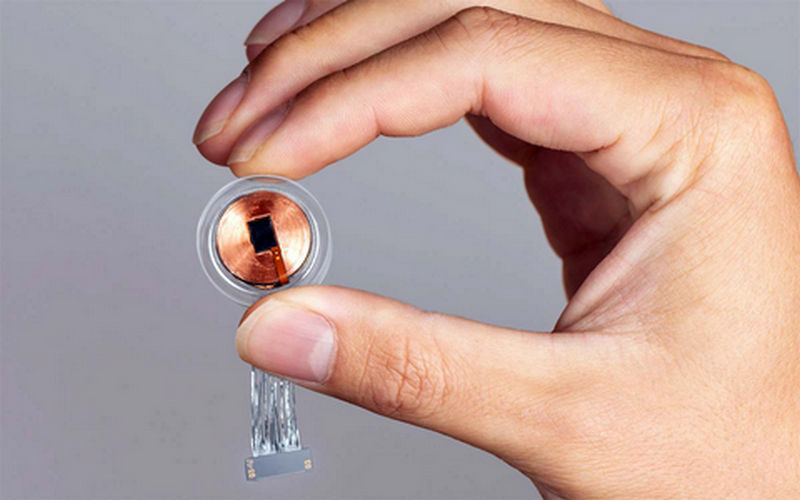In the vast universe of technological marvels, few have been as controversial or as ambitious as Elon Musk’s Neuralink. This startup is developing a neural interface technology that, theoretically, could connect human brains to computers, enhancing human cognitive capabilities and possibly paving the way to treat neurological disorders.
Yet, the project has elicited mixed reactions from scientists and ethicists alike. Some view it as a significant leap toward a futuristic world of human-computer symbiosis. However, others are skeptical, if not outright critical, due to the significant scientific, ethical, and practical challenges it presents.
The Promises and Premises of Neuralink
Neuralink’s vision is undeniably grand. It foresees a world where a tiny device inserted into the human brain can enhance memory, cognition, and sensory capacities, and even allow for a seamless interaction with artificial intelligence (AI).
However, it’s important to remember that this vision is still, as of now, very much in the realm of speculation and science fiction. The underlying neuroscience is complex and not yet fully understood, and there is a vast gap between initial laboratory experiments and practical real-world applications.
Noam Chomsky’s Skepticism
One of the most prominent critics of Neuralink’s aspirations is Noam Chomy, a renowned linguist, philosopher, and cognitive scientist. Chomsky’s criticisms aren’t specifically about Neuralink, but rather about the underlying concept of merging human intelligence with AI.
Chomsky maintains that AI, no matter how sophisticated, operates fundamentally differently from human intelligence. Human cognition, he argues, isn’t merely about processing information or algorithms – it’s a much more complex, mysterious, and as yet not fully understood phenomenon.
As such, Chomsky is skeptical about the notion that inserting a chip into the brain could somehow “enhance” human intelligence. He cautions against an overly reductionist view of human cognition that equates it to computer-like information processing.
Other Voices in the Field
Chomsky isn’t alone in his skepticism. Other cognitive scientists and neurologists have also voiced concerns.
Dr. Anil Seth, a neuroscientist and co-director of the Sackler Centre for Consciousness Science at the University of Sussex, has commented on the enormous complexity of the brain, noting that the notion of enhancing cognition through an implant is still firmly in the realm of science fiction. He notes that the brain isn’t just a “blob of plastic waiting to be molded by experience”, and that the idea of simply upgrading it with a device betrays a fundamental misunderstanding of how the brain works.
Dr. Miguel Nicolelis, a neuroscientist at Duke University, also echoed similar sentiments. While he recognizes the potential of brain-machine interfaces for medical treatment, he is skeptical about their application for cognitive enhancement.
Ethical Concerns
Beyond the scientific skepticism, Neuralink also raises a multitude of ethical questions. Privacy, consent, access to the technology, and the potential for misuse are all significant concerns that require careful consideration and regulatory oversight.
Conclusion
In conclusion, while Neuralink’s vision is fascinating and its potential to treat neurological conditions is promising, it’s essential to approach it with a healthy dose of skepticism. The human brain isn’t a machine to be tinkered with, and our understanding of its intricate workings is still in its infancy. Before we embark on a quest to upgrade our minds with computer chips, we need to fully understand the scientific implications and navigate the ethical minefield that such a venture inevitably presents.
The future envisioned by Neuralink may well come to pass one day, but it’s worth remembering that it remains, for the time being, a vision of the future, not a reality of the present.

